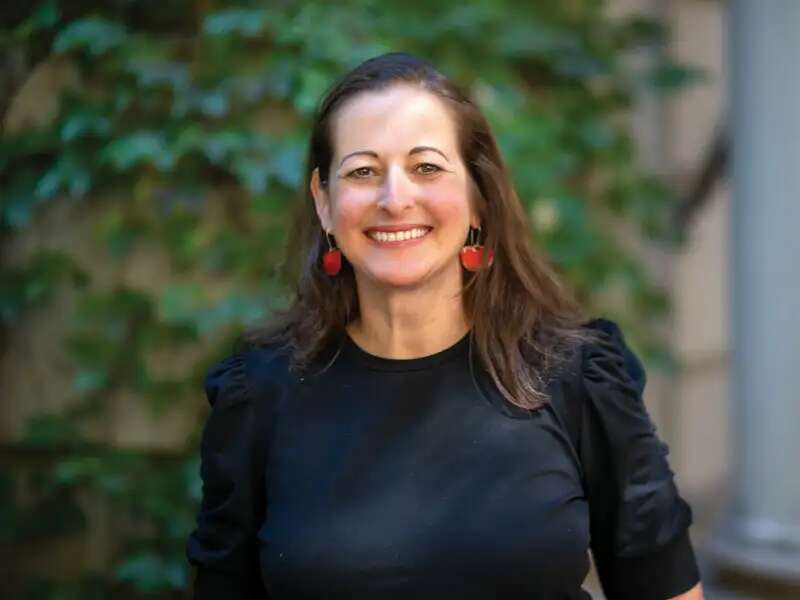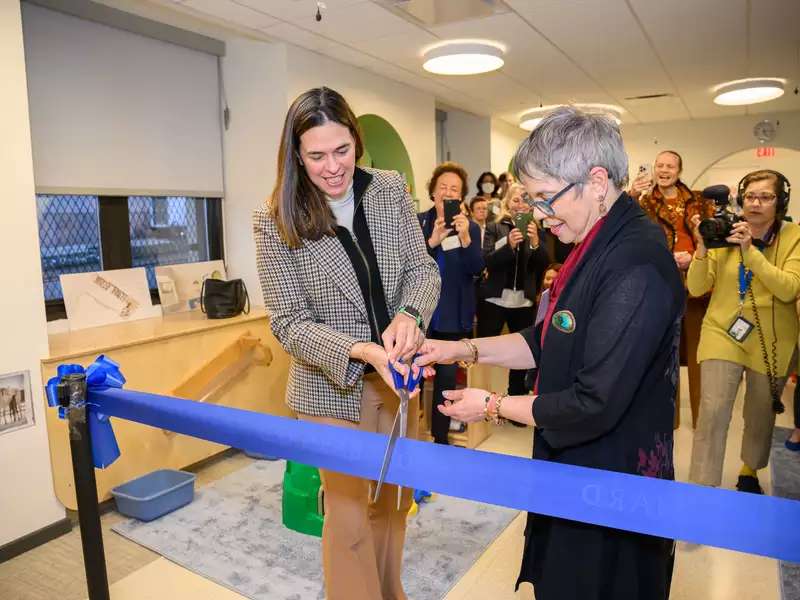Prof. Tovah Klein, PhD, an expert on early childhood development and the Director of the Barnard Center for Toddler Development, often provides her insights to parents searching for new or better ways to raise well-adjusted kids. Recently, the former Sesame Street adviser and author of How Toddlers Thrive was interviewed by Talia Lakritz ’16 for a series of articles published on Business Insider, covering a wide range of issues relevant to parents of young children.
Much of Prof. Klein’s research focuses on how toddlers develop and process emotions and social information. Self-confidence and independence are important traits that parents often struggle to cultivate in their children, primarily due to concerns about safety. As a result, much of her advice to parents asks them to take a step back and let youngsters learn for themselves, even when that means they make mistakes along the way. Baby steps are key here, Klein argues—children need routines and clear guidelines, but allowing them to make small decisions and help with small chores or tasks teaches them valuable lessons about autonomy, self-discovery, and resilience. She also offers tips on social development, like raising kind, thoughtful kids by being a kind, thoughtful role model, especially when interacting with other people.
Even the best-behaved children have bad days, and Prof. Klein offers valuable advice on how to deal with toddler tantrums, as well as how to prevent them in the first place. She also notes that there are 10 things parents should never tell their children, including being dismissive of their feelings—“You’re just being silly” or “There’s nothing to cry about”—and focusing too much on external appearances and gender stereotypes instead of allowing individual expression and authentic emotional growth.
A common theme in Klein’s research is the importance of free play, especially outdoors. An article about old-school parenting tips that still work, which also features insight from pediatric occupational therapist (and Prof. Klein’s colleague) Angela Hanscom, reminds parents that giving children freedom to play independently contributes to increased creativity and brain growth. The article also reiterates the importance of rules, guidelines, and traditions, all of which create a framework of stability in which young kids can feel safe to experiment and learn.


